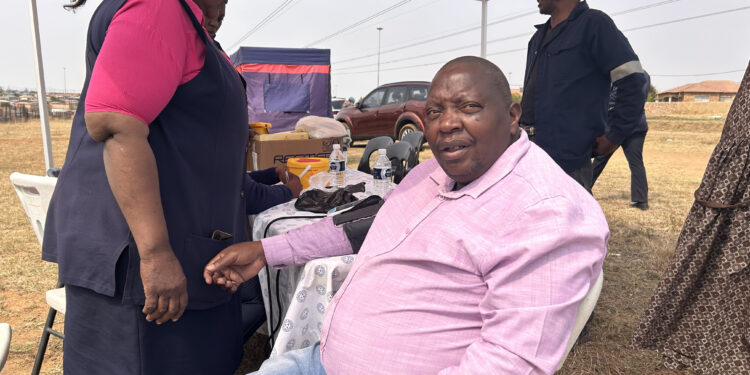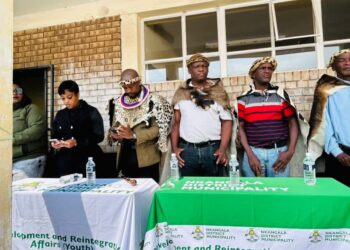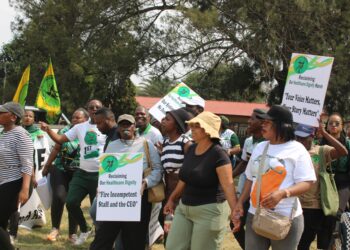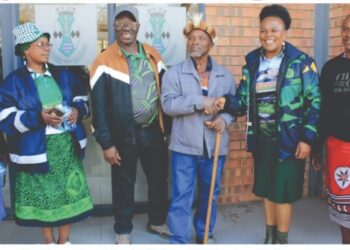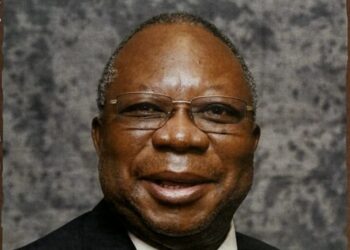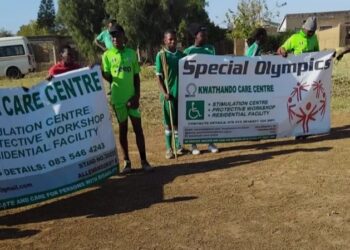Middelburg – It was during the Breakfast Connection event with Nedbank and Nkangala District Municipality (NDM) on Wednesday, 10 September 2025, when mayor Thomas Ngwenya revealed that Nkangala has 40, 065 individuals who are HIV positive but have stopped their treatment.
“These individuals have fallen out of care, and we must take action to prevent further loss of lives; failing to do so would be a dire oversight on our part as government officials and as a bank,” he pointed out. “Therefore, we urgently seek your collaboration in this vital programme to help save lives.”
He said the District is running an HIV/AIDS programme aimed at reaching out to thousands of residents living with HIV across the district’s six local municipalities.
On the same day as the Breakfast Connection event, Steve Tshwete mayor Mhlonishwa Masilela said there are 7,345 people in the municipality who are not on the ARV treatment. However, since the campaign launched the municipality has managed to trace 2,500 people so far.
As part of this ongoing efforts to trace those who are not on treatment, the Rockdale Clinic has also committed to intensify its efforts to trace people. “If you know your status but are not on treatment, we are looking for you. Show yourself because we are not going to rest until we have found you,” said Annah Phokwana, clinic’s operations manager.
Rockdale Clinic— built by Seriti Resources and handed over to the provincial health department in June 2021 — predominantly serves neighbouring communities of Rockdale and Extension 24.
Phokwana said their annual target is to enroll 445 HIV positive people. Many patients, she said, stop ARV therapy when viral load is low. “A low viral load does not equate to being HIV-negative; rather, it signifies that the treatment is effectively managing the virus,” she warned. “Picture this: you’ve been diligently taking your medication and, as a result, the virus is well-controlled. Yet, rather than continuing their treatment, many opt to stop their treatment. This decision is dangerous, weakening the immune system and allowing the virus to regain strength within the body.”
The Close the Gap Campaign is aligned with the national programme rolled out in February. The national initiative aims to enroll more than 1,1 million people on HIV treatment by the end of December.
Phokwana said stigma, cultural beliefs and religious practices are among the reasons some patients default. “Some people living with the HIV/AIDS virus prefer using traditional medicines over ARVs as they call them western medicine, believing they will be cured. Some religious practices encourage prayer for healing while some default because of a stigma attached to people living with HIV/AIDS. All these can delay and prevent people from getting the right treatment and live longer,” she said.
Phokwana added that long queues often discourage patients, but an appointment system introduced by the clinic has already reduced waiting times.
“Since we started implementing this system, our clinic has been remarkably quiet, with no lines forming. It’s quiet, from 13h00 until we close,” she said.
According to the national health department, 7,8 million know their status and 5,9 million are receiving ARVs. The department said it was confident it will reach the 1,1 million target by year-end.











